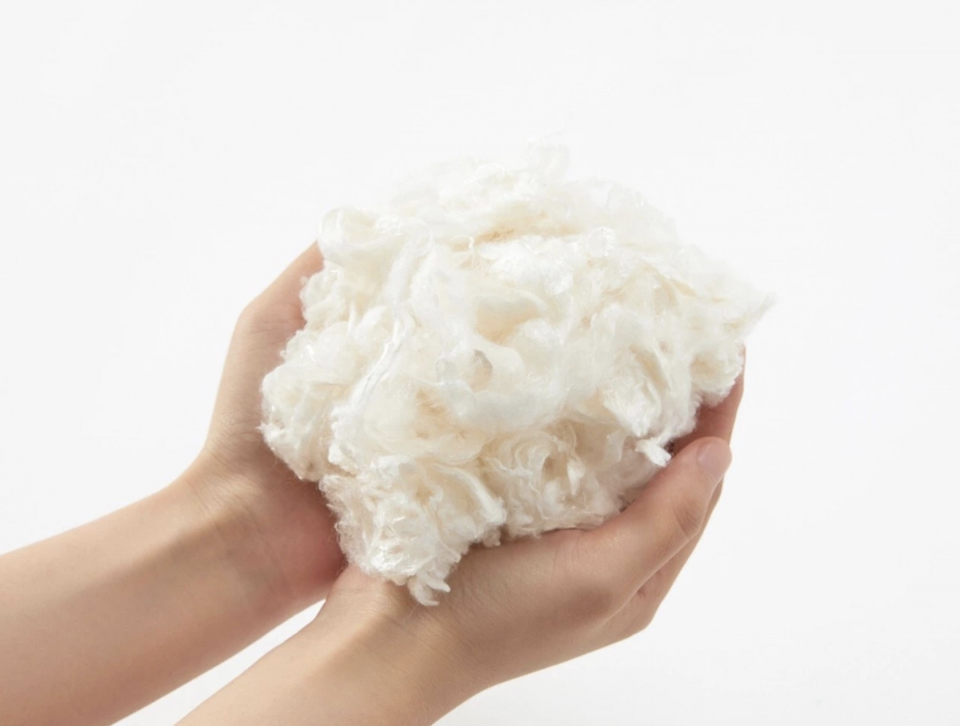According to World Atlas, water pollution, soil erosion and pollution, loss of biodiversity and formation of sink holes are some of the most devastating ways that mining is destroying the environment. In addition, chemicals leaking out from the mining sites may affect the human, animal and plant populations nearby.
Although remediation efforts may be put in place to lessen these destructive impacts, the damage done may be irreversible, with several species permanently wiped out from the planet.
EARTH AI, a mineral targeting startup backed by Y Combinator, is using artificial intelligence to make the mining industry more efficient, sustainable, and less harmful to the planet.
Using machine learning technologies on global data, such as remote sensing, radiometry, geophysical and geochemical data sets, the startup’s platform can learn the data signatures related to metal deposits—including gold, copper and rare earth elements—train a neural network and predict where the minerals will be located.
According to TechCrunch, the California-based startup used this technology to find a vanadium deposit—the mineral used to construct vanadium redox batteries in industrial and utility scale applications.
“V-flow batteries are fully containerised, nonflammable, compact, reusable over semi-infinite cycles, discharge 100 percent of the stored energy and do not degrade for more than 20 years,” explained scientist James Conca in the Forbes article Vanadium-Flow Batteries: The Energy Storage Breakthrough We’ve Needed.
“This type of battery can offer almost unlimited energy capacity simply by using larger electrolyte storage tanks. It can be left completely discharged for long periods with no ill effects, making maintenance simpler than other batteries.”
When AI-based technology discovers these deposits faster, the environment will benefit from both the lowered impacts of the mining industry itself and the sustainable matter of the battery technology.
“EARTH AI is taking a novel approach to a large and important industry – and that approach is already showing tremendous promise,” Gagarin Capital partner Mikhail Taver said in a press release after the firm invested 2.5 million AUD in the company.
“We believe EARTH AI is on track to become the world’s largest mineral exploration company, discovering and partially owning the majority of new metal mines, and are excited to contribute the funds and AI expertise needed to make that a reality.”
According to Global Mining Review, when EARTH AI field-tested remote unexplored areas, the company achieved a 50 times better success rate than traditional exploration methods. The startup also managed to only spend a fraction of the typical costs to reach these results— 11,000 AUD per discovery.
In Australia, as an example, companies often spend millions of dollars to reach similar results.
“At [Y Combinator] we are particularly excited by new applications of artificial intelligence,” said Jared Friedman, Y Combinator partner. “The possibility of discovering new mineral deposits with AI is a fascinating and thought-provoking idea.
“EARTH AI has the potential not just to become an incredibly profitable company, but to reduce the cost of the metals we need to build our civilisation, and that has huge implications for the world.”
